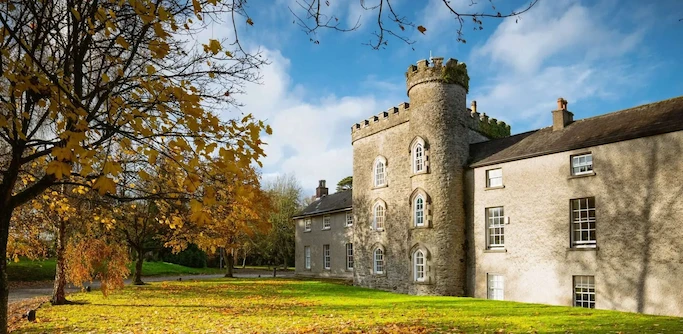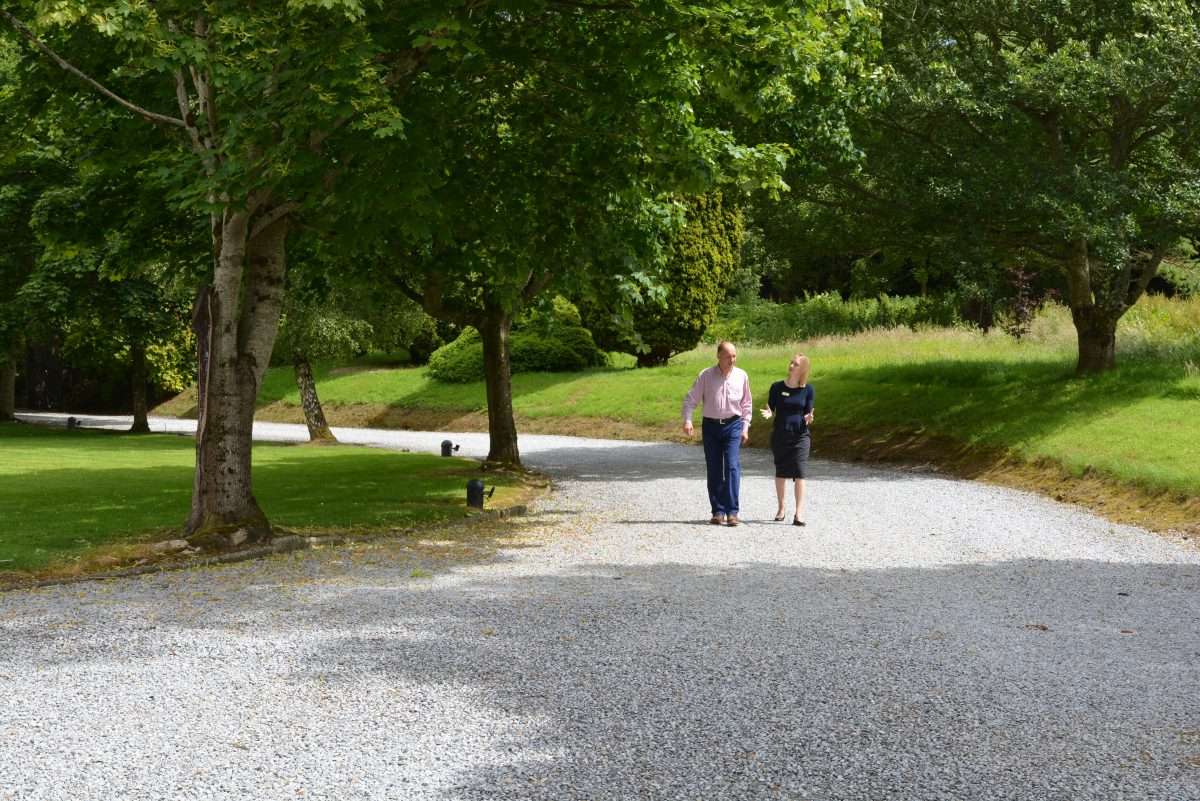
Safe & Expert Addiction Treatment & Detox
You’re Here For a Reason – Get Help with a Pregabalin (PGB) Addiction
Although branded as an alternative to opioid medications, the nhs clearly states that pregabalin (brand name lyrica) is addictive.
It is most commonly used to treat epilepsy and pain management. If you are over 18, pregabalin is prescribed to treat generalised anxiety disorders GAD. Source.

Contact Us Today
Dosage
Doses start at 25mg daily and can increase to 600mg per day depending on the condition. One reason why the drug is addictive is that the more you take it initially, the better you could feel. Combined with other drugs such as methadone can induce feelings of euphoria.
Pregabalin has been described as the ideal psychotropic drug for recreational use. The side effects are primarily mild and centre largely around confusion and dizziness. If a person has overdosed on pregabalin, they may appear very confused, dozy and uncommunicative. Although not fatal, it can be if mixed with other drugs.
- Are you concerned that you’re not entirely in control of your thoughts or behaviour? Do things appear unreal or foggy An addiction to pregabalin can do that to you.
- If you or someone you know is suffering from mood swings, neglecting their relationships and displaying several other of the drug’s red flags, it could be that they or you have developed a problem with the medication.
In Ireland, Pregabalin and gabapentin are a class C drugs controlled drug in Ireland
As the risk of addiction is high, those abusing pregabalin may be in denial about their behaviour and how it’s beginning to pull apart their lives.
If you believe that a problem does exist, as addiction experts we advise addressing it sooner rather than later – there is no need for you to hit rock bottom before asking for help.
A study indicates that misuse of prescription drug pregabalin, typically used to treat epilepsy and anxiety, among drug users is a “serious emerging issue.” Source.
In fact, the sooner you reach out, the easier it will be for us to help you regain control.
Looking for a place to begin? Call +041 986 5080.

Download our Brochure
Pregabalin in a Nutshell
- What is it? Pregabalin (Lyrica) capsules are a medication that’s commonly prescribed to treat seizures in adults. It is used to treat other health conditions such as fibromyalgia, epilepsy, and neuropathic pain. Pregabalin can also be prescribed for general anxiety disorders (GAD) and migraine prevention. Source.
- Street names: Budweiser, Buds, Fizzers.
- Medical names: Lyrica, PCB, Alzain, Lecaent and Rewisca.
- Signs of use: Warning signs of use primarily include changes in behaviour; the user will begin to care less and less about the important things in their life. Physical signs include slurred speech, increased appetite, vomiting, depression, weakness and lack of coordination – this is due to the sedative properties of the drug.
- Poly-use (common substance combinations): Pregabalin is often taken in conjunction with other opiate substances to enhance the euphoria effects; however, doing this ultimately increases the risk of harm. There are also potentially fatal risks when mixing pregabalin with alcohol.
- Drug effects: Euphoria, relaxation, and calmness are all side effects of taking Lyrica. The high is similar to feeling drunk, and feelings of drowsiness and difficulty concentrating is also reported. Unpleasant symptoms can include anxiety, insomnia, nausea and sweating. Source.
- Common medical side effects: “Abdominal distension; appetite abnormal; asthenia; cervical spasm; concentration impaired; confusion; constipation; diarrhoea; dizziness; drowsiness; dry mouth; feeling abnormal; gait abnormal; gastrointestinal disorders; headache; increased risk of infection; joint disorders; memory loss; mood altered; movement disorders; muscle complaints; nausea; oedema; pain; sexual dysfunction; sleep disorders; speech impairment; vertigo; vision disorders; vomiting.” Source.
- Withdrawal: Pregabalin withdrawal symptoms can last up to several weeks. Common withdrawal symptoms include headaches, vomiting, restlessness, depression, anxiety, confusion, insomnia, seizures, elevated heart rate, cravings, agitation and suicidal thoughts.
If you are experiencing suicidal thoughts, please seek professional help immediately.

Treatment: Pregabalin Rehab
Like with any addiction, treating a Pregabalin dependency is doable, however, the devastating side effects of the drug can often mean that is one of the hardest substances to withdraw from.
That’s why professional and medical intervention is often necessary to ensure a safe withdrawal process.
Features of a Pregabalin Addiction Treatment Programme:
- Treatment programmes lasting a minimum of 28 days
- 1-3 week drug detoxes
- Assessments for co-occurring mental health difficulties
- Inpatient therapy programmes, including couples & family therapy
- Daily 1-1 therapy sessions and groups
- Nutritional and general health management
Explore our treatment options for Pregabalin dependency at our residential rehab facility in Ireland – we have trained medical staff and mental health nurses to help you every step of the way.
The Road to Recovery
There is help out there and our team here at Smarmore Castle can help get you through this.
With any drug dependency, the first step on the road to recovery is a detox, but this alone will not be enough to achieve sustained sobriety. For a pregabalin dependency, a programme of rehabilitation is required.
The guideline for treatment recommendation focuses on the behavioural problems associated with dependence.
A medical detox will address the physical symptoms associated with a pregabalin addiction, whereas the therapeutic side of the addiction programme will deal with the underlying cause of the illness.
The First Stage: Assessment
Upon admission to Smarmore Castle, we will assess the following:
- A comorbid mental health diagnosis
- Addiction severity assessment
- A history of drug misuse, poly-substance use & general health
Second Stage: Detox
At all stages of prescribing and withdrawal management, Smarmore Castle’s medical professionals aim to foster a trusting, collaborative and supportive relationship with the afflicted person. Our healthcare services are tailored to each person and we enable patients to actively participate in their care and be in control of it.
You are invited to have support during your stay, either from a mental health nurse or a family member, or another person who is close to you. Our aim is to make this period as smooth and comfortable as possible for you.
It’s important to know that we will provide every level of support during this process and while withdrawal symptoms do not affect everyone, or can vary widely in both type, severity and intensity, you can rest assured you’ll have a full medical team monitoring these symptoms or changes 24/7.

Get Help and Advice for Your Addiction Today
Third Stage: Counselling and Therapy
Drug addiction is serious and often stems from trauma or underlying mental health problems. So, in order to live a life clean from drugs, it will be important for our therapeutic staff to explore the root of your dependency problem to conquer it.
Access to a qualified addiction therapist at Smarmore Castle can help you to come out of the haze of denial, overcome several repressed issues and learn healthy coping mechanisms to encourage long-term sobriety.
Specialist addiction therapy is often necessary for those with co-occurring mental health disorders like depression and anxiety that feed your addiction. Our therapists will build a drug treatment programme around you that will aim to heal feelings of anger, shame and resentment and help you find a way back to who you really are without the drugs.
Therapies include complementary therapies, CBT, motivational interviewing, EMDR and many more.
Fourth Stage: Ongoing Sobriety Support
When your residential treatment comes to an end, that does not necessarily mean that treatment stops.
After leaving Smarmore Castle, you will continue to receive therapeutic support with outpatient group therapy sessions that keep you focused on your goal.
We Know How You Feel
No labels, no blame. We understand that you might be reluctant or anxious about discussing problems associated with dependence on any prescription drug. As healthcare professionals, we know not to apportion blame and to seek solutions that can help you break free of this dependence and reclaim your life.
Contact us in your own time, we’ll always be here. Speak to one of our experts on +041 986 5080.
Free Confidential Addiction Assessment
Reaching out for help can feel daunting, our team is here to guide you.